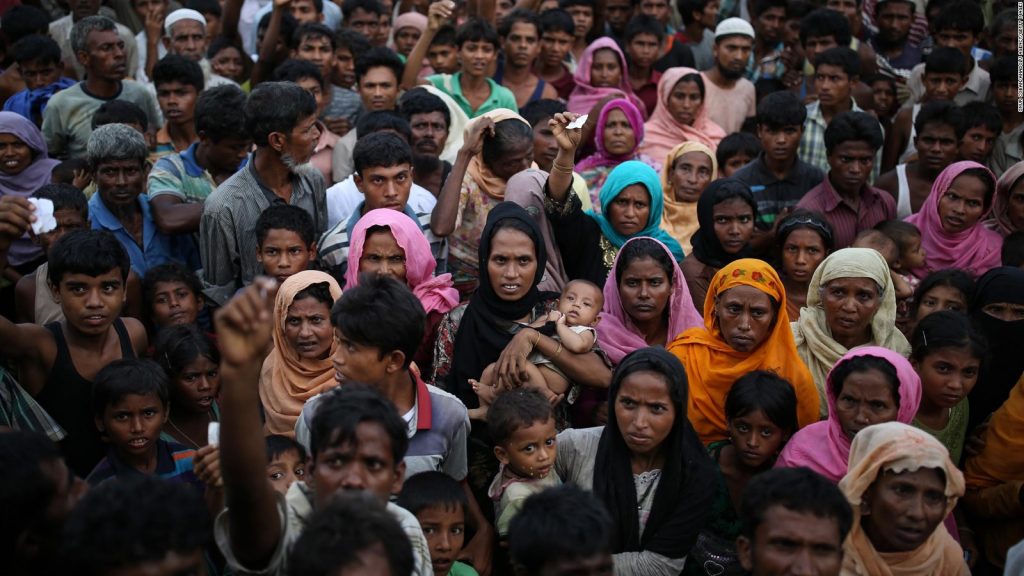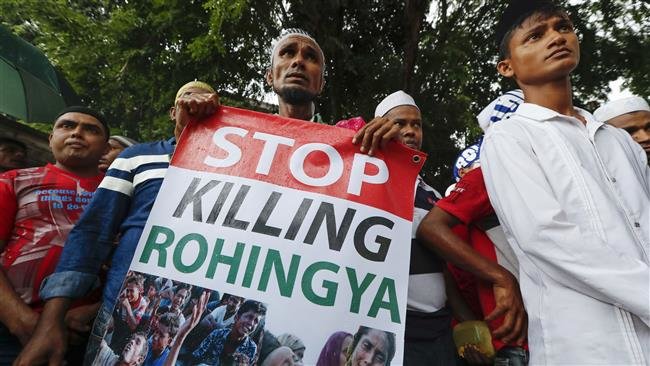Cox’s Bazar: At least 1,300 Rohingya Muslims have crossed into 
New Delhi has faced sharp criticism for turning members of the persecuted minority over to Myanmar in recent weeks, despite the army there being accused of atrocities against the Rohingya.
The United Nations and rights groups accused India of disregarding international law and returning the Rohingya to possible danger in Buddhist-majority Myanmar.
India, which is not a signatory to the UN Refugee Convention, arrested 230 Rohingya in 2018 — the most in years as hardliners called for the displaced Muslims to be deported en masse.
The round-ups in India, and fear of deportation to Myanmar, have driven even more of the stateless Muslims into Bangladesh, where a million Rohingya live in giant refugee camps in the country’s southeast.
Nayana Bose, a spokeswoman for the Inter Sector Coordination Group (ISCG), which includes UN agencies and other foreign humanitarian organisations, said the pace of new arrivals had escalated since January 3.
“Some 1,300 individuals from 300 families have arrived from India to Bangladesh until today,” she told AFP.
The new arrivals were being housed in a UN transit centre, she added.
UNHCR spokesman Firas Al-Khateeb said the UN refugee agency was “aware of the situation”.
Those crossing the border in recent weeks have been detained by police and sent to Cox’s Bazar, a southern district home to the world’s largest refugee camps.
Some 40,000 Rohingya have been living in India. Police said those who arrived were living in India for years.
Rohingya for decades have faced persecution and pogroms in Myanmar, which refuses to recognise them as citizens and falsely labels them “Bengali” illegal immigrants.
They were concentrated in Rakhine state, the epicentre of a brutal Myanmar army offensive in August 2017 that UN investigators described as genocidal in intent.
At least 720,000 Rohingya fled the bloody crackdown and entered Bangladesh to join some 300,000 already living in the camps.
Amnesty International, among other rights groups, has blasted India for forcibly repatriating the Rohingya to Myanmar when persecution in Rakhine is ongoing.
Dozens of Rohingya were also deported from Saudi Arabia to Bangladesh last week. They were arrested for illegally using Bangladeshi passports to travel to the kingdom.
Rohingya exodus from India to Bangladesh hits 1,300
The round-ups in India, and fear of deportation to Myanmar, have driven even more of the stateless Muslims into Bangladesh, where a million Rohingya live in giant refugee camps in the country's southeast
